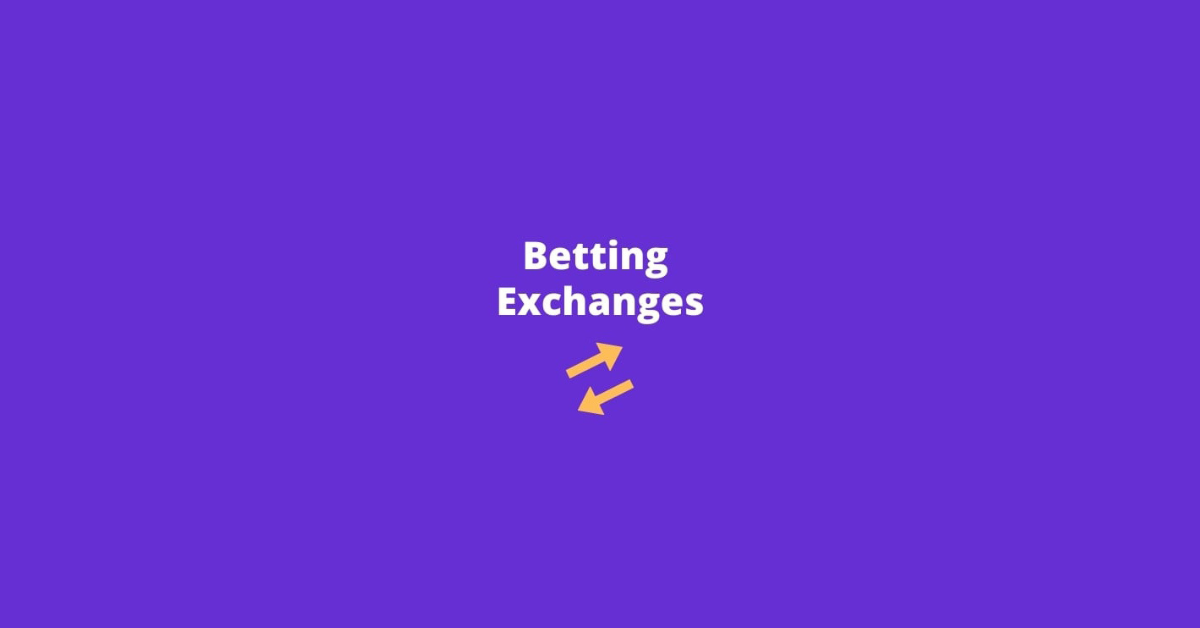Understanding the concept of betting exchanges
Betting exchanges are online platforms that allow individuals to bet against each other rather than against a bookmaker. This means users can both back and lay bets on a variety of sports and events. The exchange acts as an intermediary, matching bettors with opposing views to facilitate their wager.
One of the key distinctions between traditional betting and exchanges is the ability for users to set their own odds. This freedom enables individuals to potentially receive better odds than those offered by bookmakers. Additionally, exchanges typically charge a commission on net winnings rather than building a margin into the odds, resulting in potentially lower betting costs for users.
Key players involved in a betting exchange
In a betting exchange, the key players involved are the punters and the exchange platform itself. Punters are individuals who place bets on the exchange, either backing or laying outcomes. They play a crucial role in determining the odds and market direction through their actions on the platform. The exchange, on the other hand, acts as the intermediary that facilitates these bets between punters, providing the framework and technology for the betting process to take place.
Punters on a betting exchange have the freedom to set their own odds and bet against each other, creating a dynamic and competitive marketplace. This differs from traditional bookmakers, where odds are set by the bookmaker. The exchange platform ensures fair play, transparent transactions, and efficient matching of bets, making it a popular choice for many bettors seeking better value and control over their wagers.
How odds are determined in a betting exchange
Odds in a betting exchange are generally determined by the users themselves. As opposed to traditional bookmakers who set the odds, in a betting exchange, users can offer their own odds for others to accept. This allows for a dynamic and competitive marketplace where odds can fluctuate based on supply and demand.
The process of determining odds in a betting exchange is a reflection of the collective opinions and beliefs of the users participating in the platform. Therefore, odds can vary greatly depending on the specific event and the volume of bets being placed. This peer-to-peer model offers a more transparent and flexible approach to betting, giving users the freedom to set their own odds and find the best possible value for their bets.
The process of placing a bet on a betting exchange
To place a bet on a betting exchange, users typically start by selecting a specific event or outcome they want to bet on. They can then browse through the available odds offered by other users on the exchange platform. Once they find odds that they are satisfied with, users can input the stake amount they wish to wager.
After confirming the details of their bet, users will need to wait for another user to match their bet. If a user is offering odds that match the desired bet of another user, the bets will be successfully matched. Once the bet is matched, it is considered final, and users will have to wait until the outcome of the event to determine if they have won or lost their wager.
Matching bets on a betting exchange
When a bet is placed on a betting exchange, it is not always guaranteed to be matched immediately. Instead, the exchange works by matching opposing bets from different users. For example, if one user bets that a certain team will win a match, another user must bet against that outcome in order for the bets to be matched.
The process of matching bets on a betting exchange is facilitated by the platform’s software, which automatically pairs up opposing bets based on the specified odds and stake amounts. Once a bet is placed, the exchange matches it with another user’s bet that meets the required criteria. This dynamic system allows users to either accept existing bets or create their own, ensuring a continuous flow of betting opportunities on the exchange.















